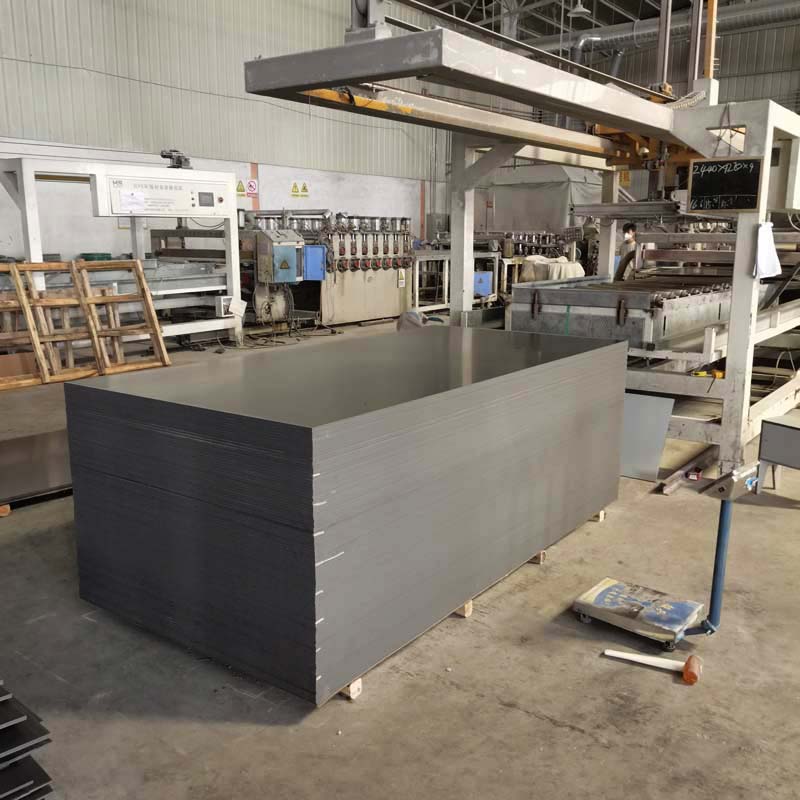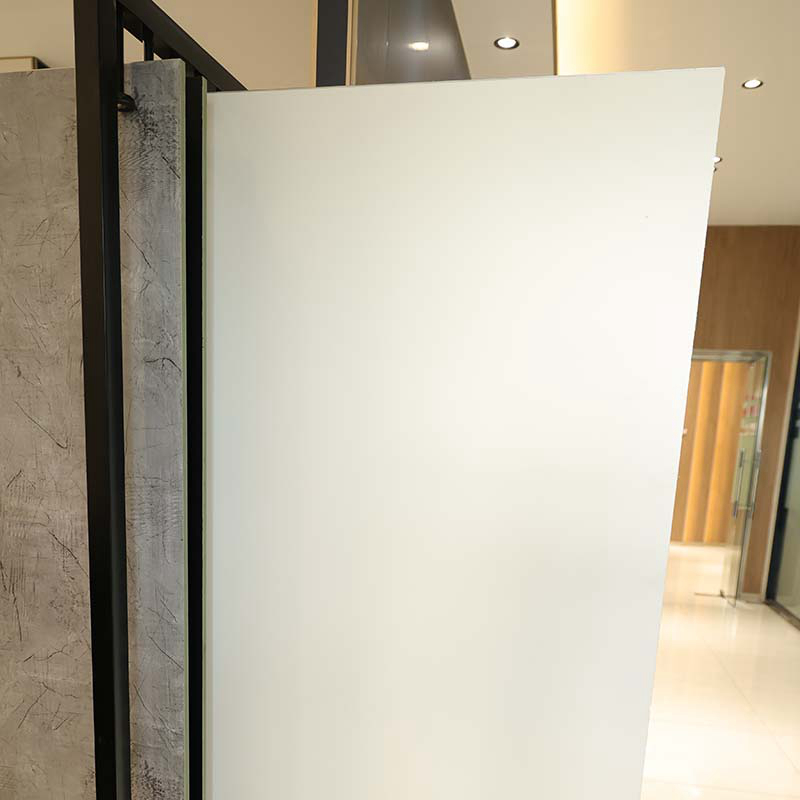Construction projects require a wide range of materials and equipment to ensure efficient and successful completion. One such material that has gained significant popularity in recent years is the PVC formwork board. With its numerous benefits and advantages, it has become the ultimate solution for construction projects.
PVC, or polyvinyl chloride, is a versatile and durable material commonly used in various industries. Its application in the construction industry as a formwork board has revolutionized the way buildings and structures are constructed. The PVC formwork board is essentially a reusable mold or shuttering system that is used to shape and support concrete during the curing process.
One of the key advantages of using PVC formwork boards is their lightweight nature. Compared to traditional formwork materials such as wood or steel, PVC boards are significantly lighter, making them easier to handle and transport. This not only reduces the labor required but also increases productivity on construction sites.
PVC formwork boards are highly durable and resistant to wear and tear. They can withstand harsh weather conditions, chemicals, and mechanical stress, ensuring their longevity and reliability. This durability translates into cost savings for construction companies as the boards can be reused multiple times, eliminating the need for constant replacements.
PVC formwork boards offer excellent dimensional stability. They do not warp, twist, or expand when exposed to moisture or extreme temperatures. This stability ensures the accuracy and precision of the final concrete structure, resulting in a high-quality finish.
Another notable advantage of PVC formwork boards is their versatility and flexibility in design. They can be easily cut, shaped, and molded to form intricate and complex structures. This adaptability allows architects and engineers to explore innovative designs and construction techniques that were previously not possible with traditional formwork materials.
PVC formwork boards are environmentally friendly. They are recyclable and do not release toxic substances during their lifespan or when disposed of. This aligns with the growing demand for sustainable construction practices and reduces the environmental impact of construction projects.
The installation and dismantling of PVC formwork boards are also quick and straightforward. They have a modular design with interlocking mechanisms, making assembly and disassembly hassle-free. This saves time and labor, further enhancing the efficiency of construction projects.
PVC formwork boards contribute to a safer working environment. They have smooth surfaces that prevent the adhesion of concrete, reducing the risk of accidents caused by tripping or slipping. Their lightweight nature also minimizes the physical strain on workers, reducing the likelihood of injuries associated with heavy lifting.

PVC formwork boards offer excellent insulation properties. They have low thermal conductivity, which helps maintain a consistent temperature during the curing process, resulting in enhanced concrete strength and durability. This insulation also reduces energy consumption and costs associated with temperature regulation in construction projects.
PVC formwork boards have emerged as the ultimate solution for construction projects due to their numerous benefits and advantages. Their lightweight, durability, dimensional stability, versatility, and eco-friendliness make them an ideal choice for modern construction practices. With the ability to enhance productivity, safety, and sustainability, PVC formwork boards have revolutionized the way buildings and structures are constructed, paving the way for innovative and efficient construction methods.
Previous: Low price PVC 4×8 Sheets: Durable and Versatile Building Material for Various Applications
Next: China’s PVC Foam Building Deco Revolutionizes Construction Industry

PVC foam board (wbt04)
1.product description PVC foam board is also called Chevron board or Andy board, its chemical composition is polyvinyl chloride, so it is also called foamed polyvinyl chloride board. It is widely used in passenger cars, train car roofs, box core laye...

Carbon crystal plate (wbt660)
product description: What is the material of the carbon crystal plate? The carbon crystal plate is made of natural bamboo powder, calcium powder, new polymer composite material, carbon crystal powder and PVC powder. The raw materials do not contain f...

Wood veneer (wbt230)
product description: It is mainly composed of two parts: substrate and surface film. The main component of the substrate is polymer material, the surface film is divided into PVC film and PP film, and the surface is covered with wood grain. When maki...

PVC partition board (wbt570)
1.product description: PVC partition board, also known as foamed polyvinyl chloride board, has the characteristics of moisture resistance, heat preservation and corrosion resistance, light texture but high hardness, which is not easy to scratch and a...